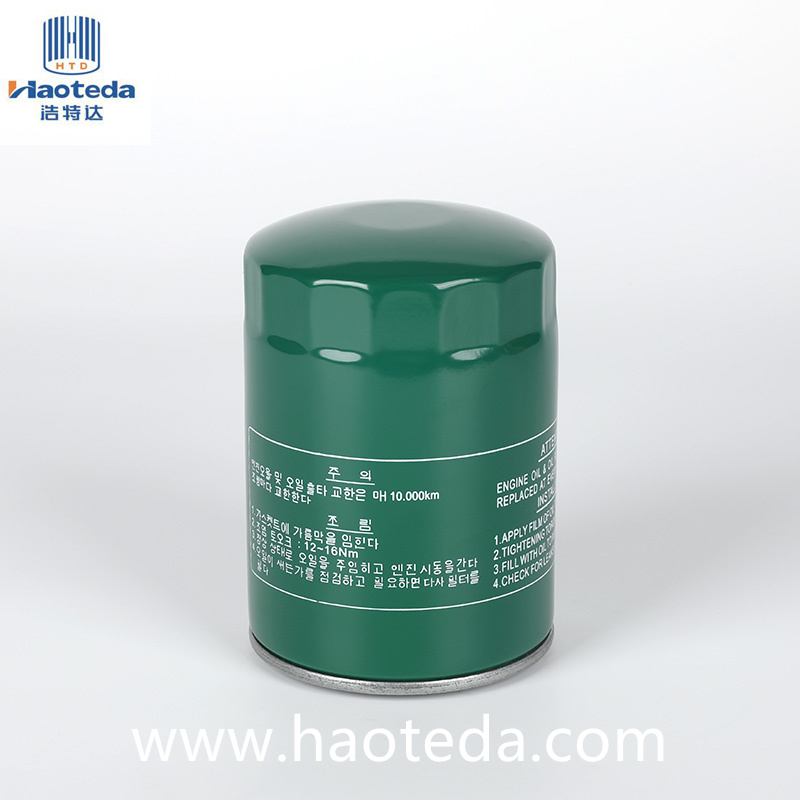Synthetic oil filters are often touted for their ability to withstand tough conditions, but how do they really perform when faced with the harshest environments? Whether you're driving through scorching heat, navigating heavy traffic, or tackling off-road terrain, these filters are engineered to provide exceptional protection for your engine under the most demanding circumstances.
One of the primary advantages of synthetic oil filters in extreme conditions is their superior filtration efficiency. In high-temperature environments, traditional filters can often struggle to maintain their integrity, as the heat breaks down the oil and contaminant buildup can clog the filter. Synthetic oil filters, on the other hand, are made with advanced filtration media that can withstand higher temperatures without losing their ability to trap dirt, debris, and other harmful particles. This ensures that the engine remains clean, even when temperatures soar, preventing the engine from suffering from the effects of overheating or thermal stress.
When it comes to heavy traffic, synthetic oil filters shine in their ability to handle extended periods of idling and stop-and-go driving. In these conditions, engines can accumulate more contaminants, as the oil doesn't circulate as efficiently during long idle times. Synthetic filters, with their higher dirt-holding capacity, are specifically designed to handle this increased load of pollutants without clogging or losing efficiency. This means your engine stays protected even during those frustrating daily commutes or long hours in city traffic, where traditional filters may not be up to the task.
Off-road environments, where dirt, mud, and dust are common, are perhaps the most demanding for any filter. For vehicles that operate in these conditions—like 4x4 trucks, SUVs, and construction machinery—a synthetic oil filter can make all the difference. Unlike standard filters, which might clog quickly or allow larger contaminants to slip through, synthetic filters use materials designed to capture finer particles, preventing them from reaching sensitive engine components. The robust construction of synthetic oil filters ensures they can handle the rigors of rough terrain, providing long-lasting protection even in the dirtiest environments. This capability is particularly important for vehicles used in farming, mining, or other heavy-duty industries, where a clogged filter could result in costly repairs and downtime.

These advanced filters are also highly effective in high-stress situations, where engine performance is pushed to the limit, such as in towing, racing, or other high-power applications. Synthetic oil filters can cope with the increased oil pressure and higher contaminant levels that come with demanding activities, ensuring that the engine is adequately protected without compromising performance. This is especially critical for vehicles that carry heavy loads or work in extreme temperatures, where engine failure can be costly and dangerous.
Synthetic oil filters are engineered for resilience in challenging environments. Whether you're tackling the heat of summer traffic, the grime of off-road expeditions, or the pressures of heavy-duty work, these filters offer superior protection. Their advanced materials and design ensure they can handle high temperatures, contaminants, and prolonged stress without losing efficiency, ultimately keeping your engine running smoothly under even the toughest conditions.
 English
English
 English
English Español
Español Français
Français
 +86-139-6774-0263
+86-139-6774-0263









